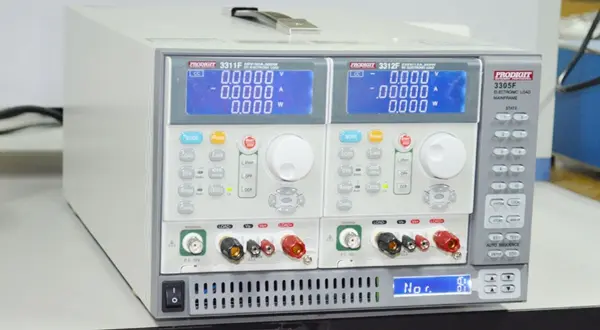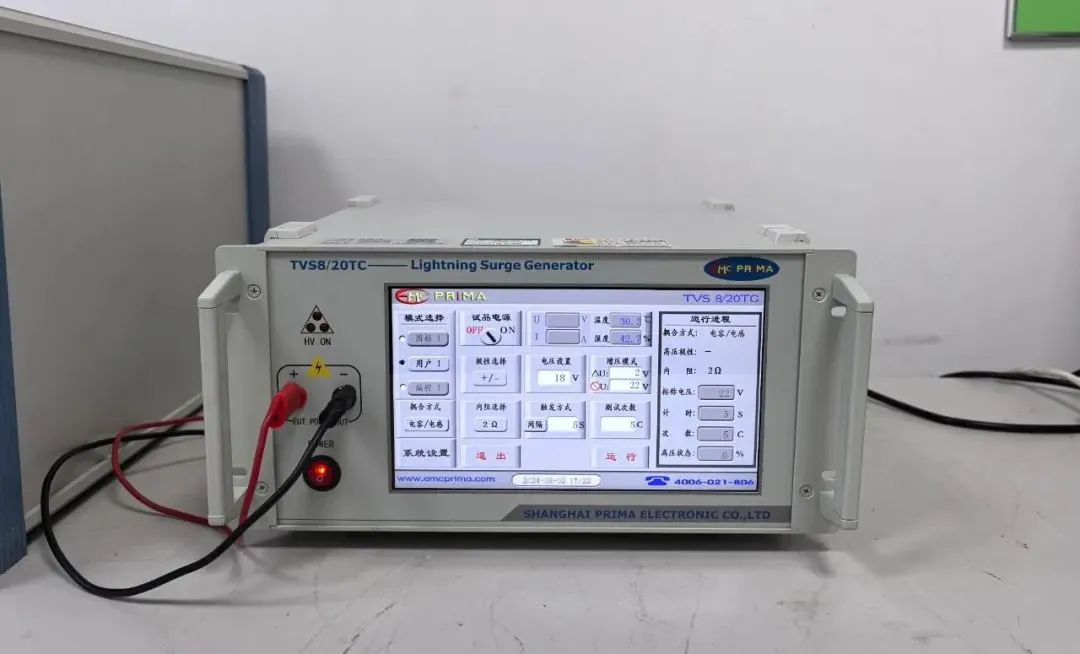
Is CE Accepted in Canada?
When exporting products to Canada, many sellers and manufacturers encounter a common question: Does Canada require CE acceptance? To answer this question, we need to understand the meaning of CE certification, Canada's regULatory requirements, and the process of exporting products to Canada.
Meaning of CE Certification
CE certification is a mandatory certification in the European Union (EU), with "CE" standing for "Conformity Europe," meaning "European Conformity." It is a mark indicating that a product complies with EU laws, regulations, and performance standards. Products with the CE mark can be freely circulated and sold within EU member countries.
Canada's Regulatory Requirements
As a non-EU country, Canada does not require products to have CE certification. However, Canada has similar regulations and standards, such as the Canadian Safety Standards (CAN/CSA). These standards and regulations mainly target specific products like electronic equipment, medical devices, and pressure vessels.
If your product falls into these categories, you may need to obtain the relevant CAN/csa certification or apply for other applicable Canadian standards. Additionally, be mindful of Canada's trade barriers and import regulations to ensure your product meets Canadian requirements.
Process of Exporting Products to Canada
When exporting products to Canada, you need to understand Canada's import procedures and relevant regulations. Generally, you need to provide detailed product descriptions, including photos, technical specifications, and user manuals.
Ensure your product has the correct customs code to help you avoid potential tariff and tax issues. You also need to be aware of Canada's consumer protection regulations and intellectual property laws to ensure your product does not infringe on any patents or trademarks.
Special Note: Certain products, such as electronic devices and medical equipment, may require additional certifications or standards. Before exporting, ensure your product complies with the relevant Canadian regulations.
In summary, Canada does not require all products to have CE certification, but certain specific products may need to comply with similar certification standards.
Email:hello@jjrlab.com
Write your message here and send it to us
 What is IEC 62052 for Electrical Energy Measuring
What is IEC 62052 for Electrical Energy Measuring
 Australia LoRa Band 915-928 MHz RCM Compliance
Australia LoRa Band 915-928 MHz RCM Compliance
 What Are the Compliance Certifications for VHF Pro
What Are the Compliance Certifications for VHF Pro
 Which Products Require WERCS Registration?
Which Products Require WERCS Registration?
 Dustproof and Waterproof Ratings IP 54 / IP65 / IP
Dustproof and Waterproof Ratings IP 54 / IP65 / IP
 SAR Standard Testing under the EU CE-RED Directive
SAR Standard Testing under the EU CE-RED Directive
 Differences Between the Three EU Directives: LVD,
Differences Between the Three EU Directives: LVD,
 How to get CE Marking Certification?
How to get CE Marking Certification?
Leave us a message
24-hour online customer service at any time to respond, so that you worry!




